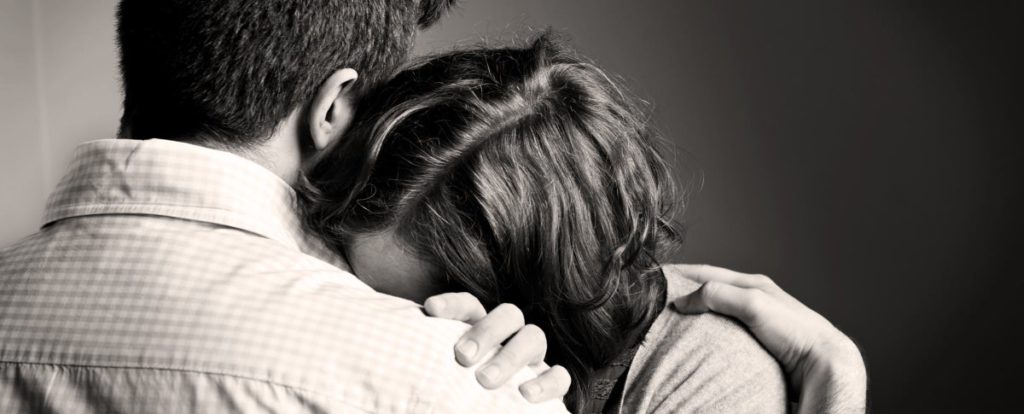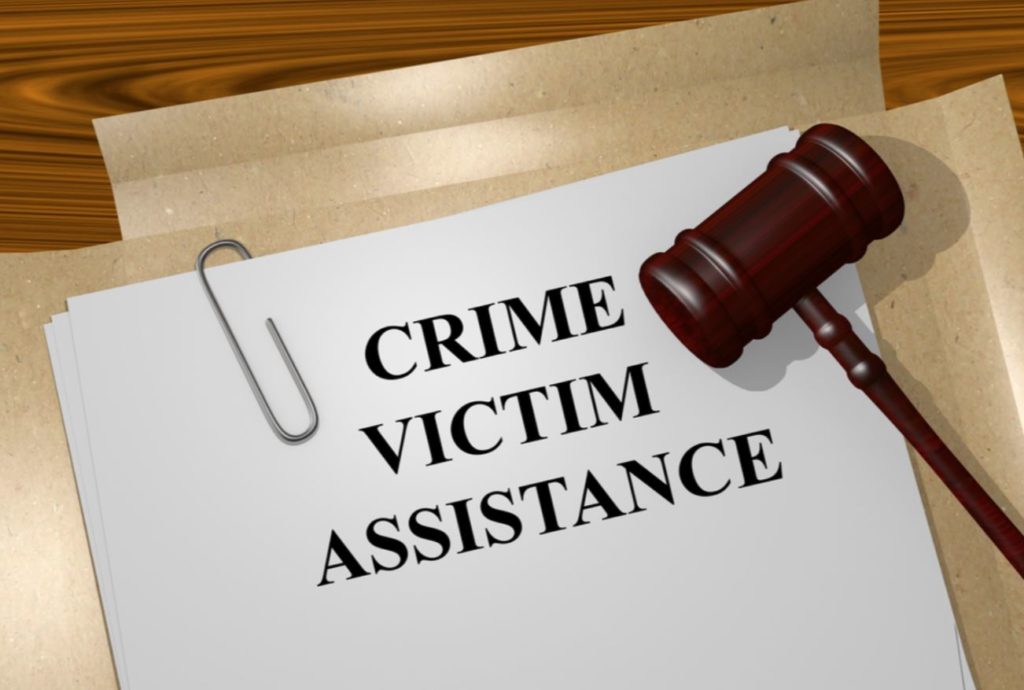
As personal injury lawyers, our primary duty to our clients is to maximize each client’s net recovery. So, while it’s great to get a significant settlement on behalf of a child, such a settlement is much smaller when a large portion must be repaid to a health insurance company or Medicaid. At Gomez & Golomb, we work hard dealing with and extinguishing any Children’s Medicaid Reimbursement claims not allowed under Georgia law.
An example is when a minor is injured. PeachCare/Medicaid often pays the medical bills and claims a lien against future settlements in these situations. After careful review, we interpret Georgia and federal law to hold that PeachCare has no right to reimbursement for any settlement with a minor. We, therefore, fight these reimbursement claims tooth and nail.
In Georgia, an injured child only has a claim for pain and suffering. Southern Guaranty Ins. Co. v. Sinclair, 228 Ga. App. 386 (1997) discusses this concept. In that case, the Court held that a minor has no claim for medical expenses because that obligation rests with the child’s parents. This reasoning makes sense because until a minor child reaches the age of 18, they cannot be bound under contract. Therefore, in a Children’s Medicaid Reimbursement situation, a child cannot be liable for medical expenses nor claim reimbursement of medical expenses.
The United States Supreme Court held that Medicaid/PeachCare can only reach settlement monies paid to reimburse medical bills following an injury. Thus, PeachCare/Medicaid can claim a lien against that part of an injured person’s recovery only for money received for medical expenses. Arkansas Dept. of Health and Human Services v. Ahlborn, 547 U.S. 268; 126 S. Ct. 1752 (2006).
Reading Sinclair and Ahlborn together, Medicaid/PeachCare cannot claim a lien against a minor child’s settlement proceeds. To shield a settlement from Peachcare/Medicaid, we structure the settlement between the wrongdoing party and the minor child. The settlement clarifies it only covers pain and suffering.
If you have a question about these issues, please call Gomez & Golomb LLC at 404-382-9994.




